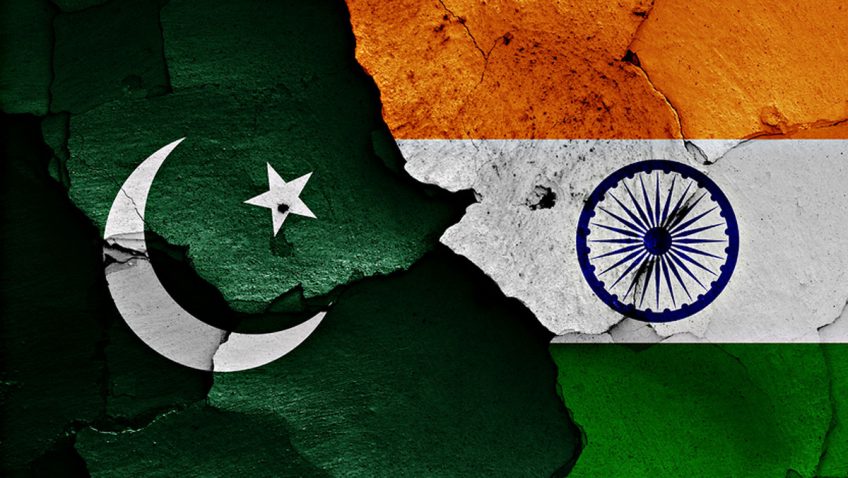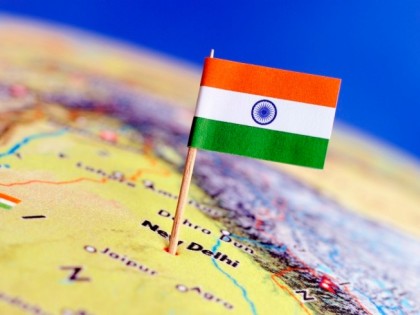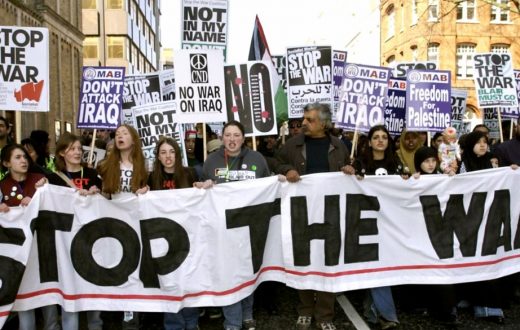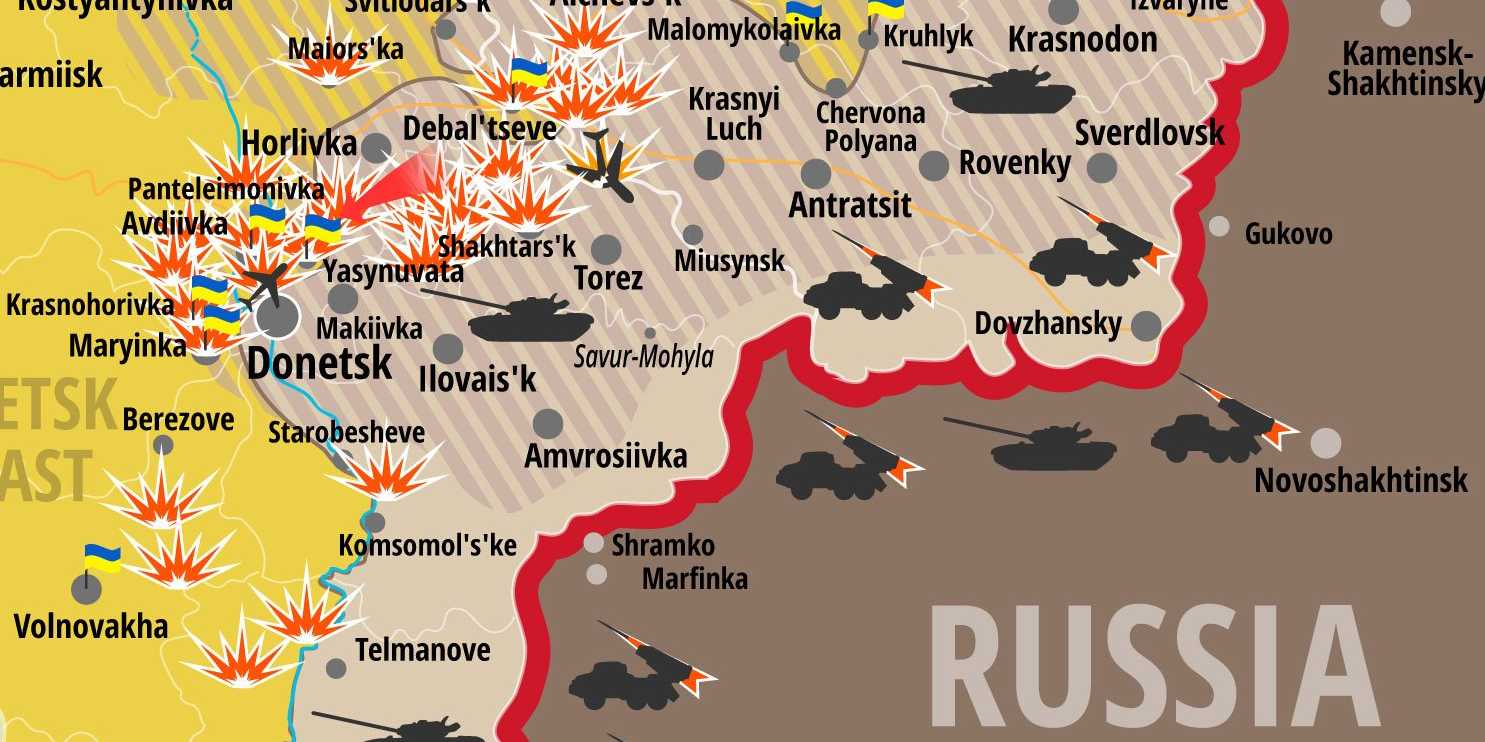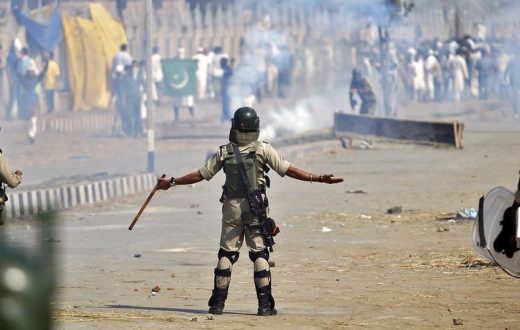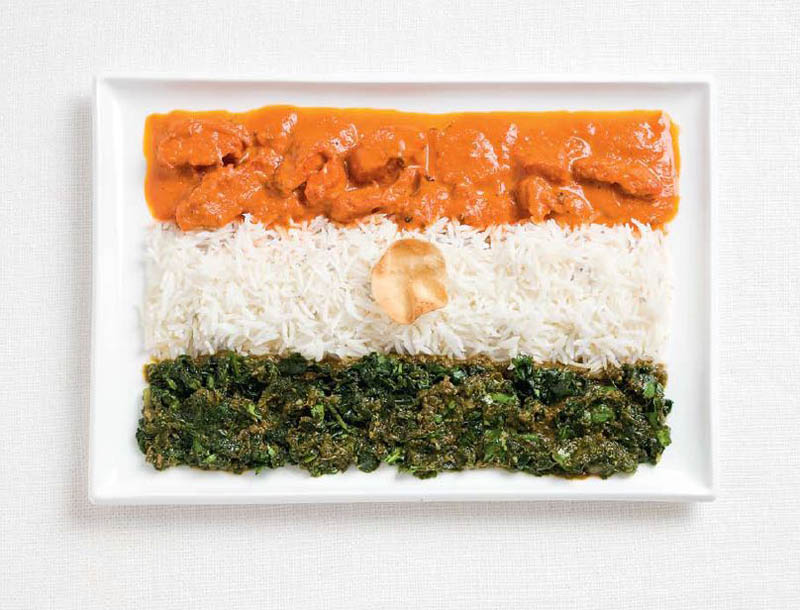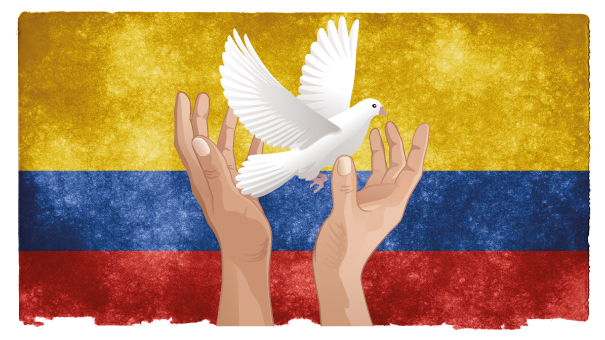Both India and Pakistan have put efforts to manage crisis through Confidence Building Measures (CBMs) over the last seven decades. However, from the contemporary events and soared relations between the two vividly delineate that these two arch rivals have a long way to go. From ceasefire agreements to joint statements and from pacts to composite dialogue, both countries have maturely tried to mitigate the risk of getting into direct confrontation especially after becoming nuclear powers. The relations, however, between the two still remain sour. India openly claims to isolate Pakistan in the international arena and accuses Pakistan of cross-border terrorism. However, India itself is involved in cross-border terrorism inside Pakistan and capture of an Indian Naval commander Kulbashan Jadav from Balochistan – Pakistan is a case in point.
India claims that Kashmir is its integral part and Pakistan is behind the domestically grown resistance within Indian occupied Kashmir. Arundhati Roy in her recent interview said, “Kashmir is not an integral part of India. It has never been an integral part of India. Even the government of India has accepted that in the United Nations.” She is most probably referring to the UN resolution in 1948 which declared that the future of Kashmir would be decided by the people of Kashmir through free and fair plebiscite (The Telegraph, 2001). The plebiscite has not taken place in last seven decades.
Since its inception, Pakistan also claims Kashmir based on its Muslim majority population. Moreover, Tim Marshall (2016) in his book,’ Prisoners of Geography’ writes that in case, Kashmir becomes part of Pakistan, it would deny India opportunities and strengthen foreign policy options for Pakistan. Pakistan’s water insecurity issues would also be resolved. Originating from Himalayan Tibet, Indus River passes through Indian-controlled Jammu and Kashmir before entering Pakistan from where it runs the length of the country and empties in the Arabian Sea in Karachi.
In recent times, Pakistan has maturely shown restraint to India’s aggressiveness and deescalated the situation especially after the Pulwama Attack in February, 2019. India accused Pakistan of infiltration of extremists even though the attacker was Adil Ahmad Dar a local from Pulwama district of Indian occupied Kashmir. Indian Air Force crossed Line of Control and dropped bombs inside Pakistan’s territory in Balakot on February 26th. Initially, India claimed that the attack was
on a training camp of Jaish-Mohammad and three hundred terrorists were killed in the attack. Pakistan claimed to respond promptly and chased back the IAF jets which in a hurry dropped payloads on trees in which no human life was lost. Pakistan’s claim has also been validated by Indian External Affairs Minister Sushma Swaraj who recently said, “No Pakistani soldier, civilian killed in Balakot Air Strike,” (Reported by The Hindu & Dawn News, 2019). Moreover, on the following day, Pakistan shot Indian MiG-21 and captured Indian Air Force pilot Abhinandan Varthaman who was returned to India as a goodwill gesture for peace by Pakistan. India also claimed to have shot down F-16 but after the US count of Pakistan’s F-16s, none was found missing which spilt water over India’s claim of downing Pakistan’s F-16.
This shows Pakistan’s inclination for peace and establishment of Confidence Building measures. Pakistan also took steps to establish CBMs with India last year. In November 2018, the foundation stone of the Kartarpur corridor was laid. Even after these peaceful gestures, the normalization of ties remains a distant dream. However, some analysists and South Asian experts believe that we must wait for the results of current general elections taking place in India.
Indian Prime Minister Narendra Modi’s warmongering against Pakistan is a hatred card to win the ongoing elections in India. However, Pakistan’s Prime Minister Imran Khan recently said in an interview, “Perhaps of the BJP – a right-wing party – wins, some kind of settlement in Kashmir could be reached,” (Mahmood, 2019). Therefore, the events in coming few months would be interesting to observe as they would unfold many political arenas for India and Pakistan on confidence building measures as well as on diplomatic grounds.

